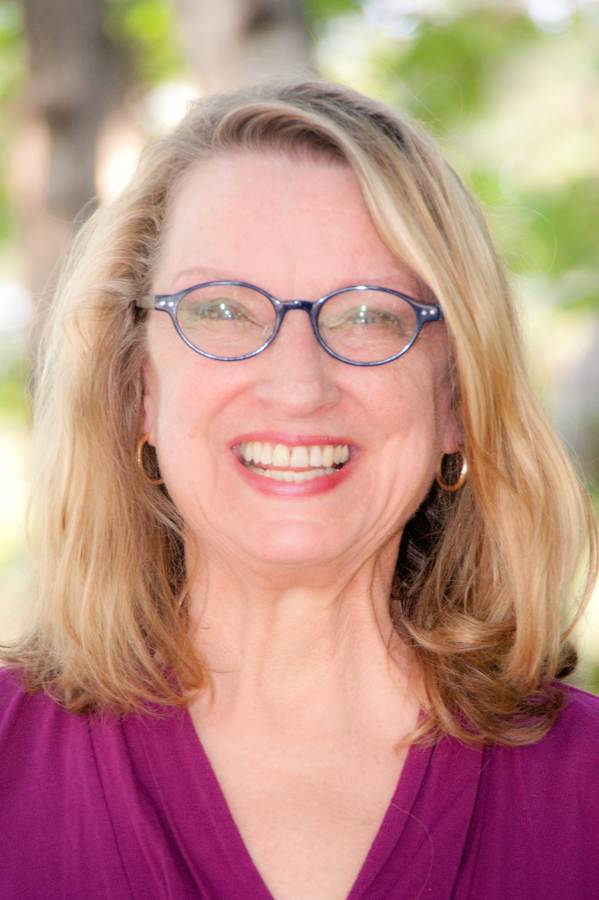AARP Hearing Center

Wouldn’t it be easier if age alone led to wisdom? We all know people who have proven that this is not necessarily the case. So what makes one wise? Here are some of my thoughts: wisdom increases exponentially for those who are willing to learn from life’s lessons, both pleasant and unpleasant. Coping skills critical to riding out life’s rough patches can happen when individuals of all ages are open and maintain a sense of humor. There are some people who believe the opposite, that practical wisdom is obtained up to age fifty. I don’t think so!
Practical wisdom is a life-long learning experience. I have read that some sociologists believe that the seeds of wisdom are developed in adolescence. However, these seeds need lots of tending and nurturing for the flourishing of wisdom to take place. I believe the best predictor of happiness and living one’s life fully is being open, self-reflective, and informed.
As an avid student, I have read many theories on wisdom: its definition; how it is gained; and, how it is lost. In all my studies I have never read that there are empirical findings tied to a loss of wisdom. As we age, that is good news!
An important component of this wisdom and aging is how wise people deal with crises and obstacles in their lives. I pulled a few points out of many that I found about wisdom such as the following:
Wise people first mentally distance themselves from the negative event to calm down and relax and not get overwhelmed.
Secondly, they reframe the situation and actively cope with it to mentally or physically take control of the crisis.
Thirdly, and most importantly, they learn from their experiences* (1)
Successful managing of crises and critical events helps reduce self-centeredness, increase wisdom through insight, understanding, and compassion for others. On the other end of the spectrum are the people who simply are not wise. People who score low on wisdom tests used passive rather than active coping strategies. As a result, they did not learn from their experiences and did not obtain a greater understanding of life. (2)
Consider becoming a “wise” women by practicing these tips: Calm down and do not get overwhelmed, Mentally take control of your situation, and seek out and learn from your experiences.
Be Well. AJ
References if needed:
1. Ardelt, M. (2010). Age, experience, and the beginning of wisdom. In D. Dannefer & C. Phillipson (Eds.), The SAGE handbook of social gerontology (pp. 307-316). Los Angeles, CA: SAGE.
2. Beaumont, S. L. (2009). Identity processing and personal wisdom: An information-oriented identity style predicts self-actualization and self-transcendence. Identity, 9(2), 95-115. doi:10.1080/15283480802669101.































































